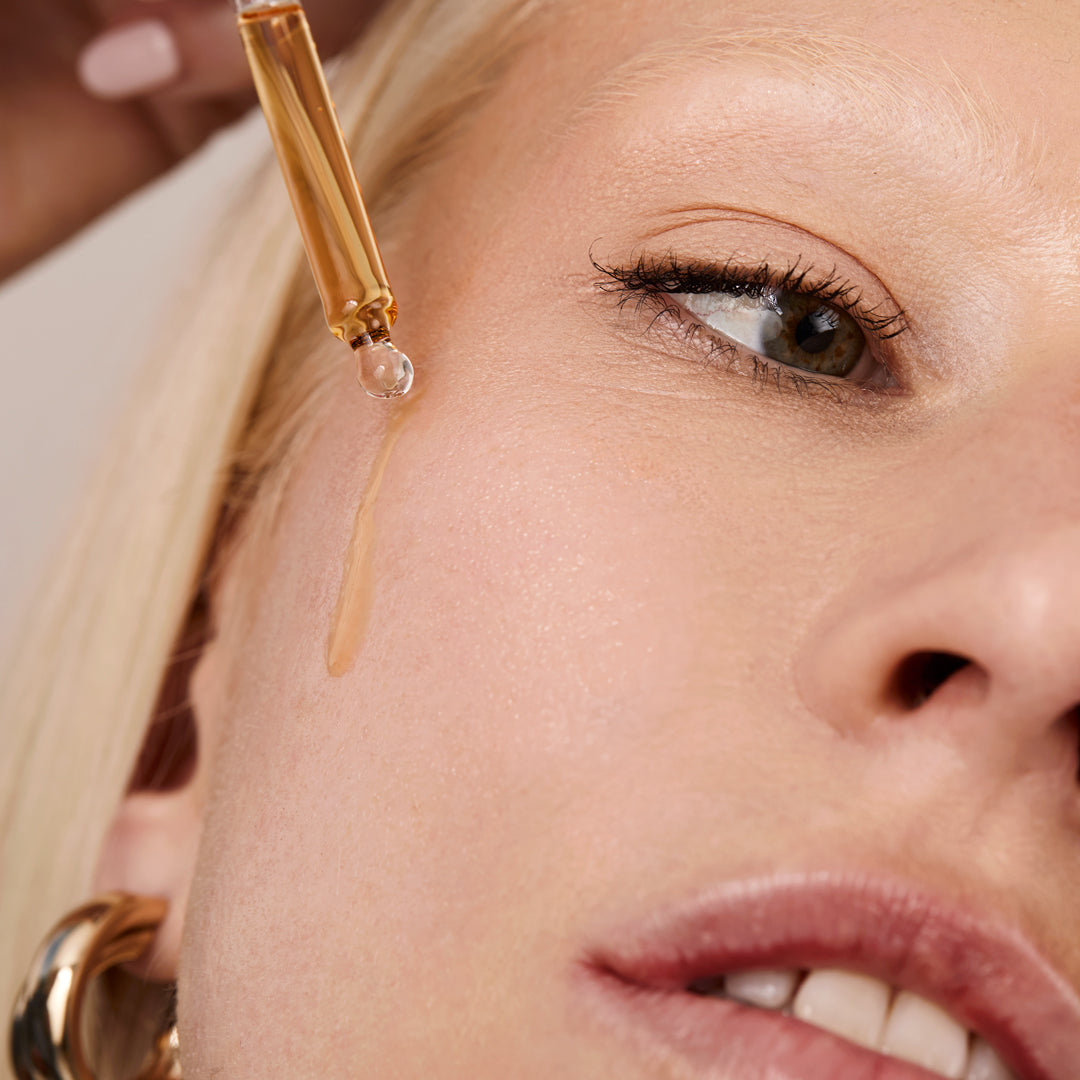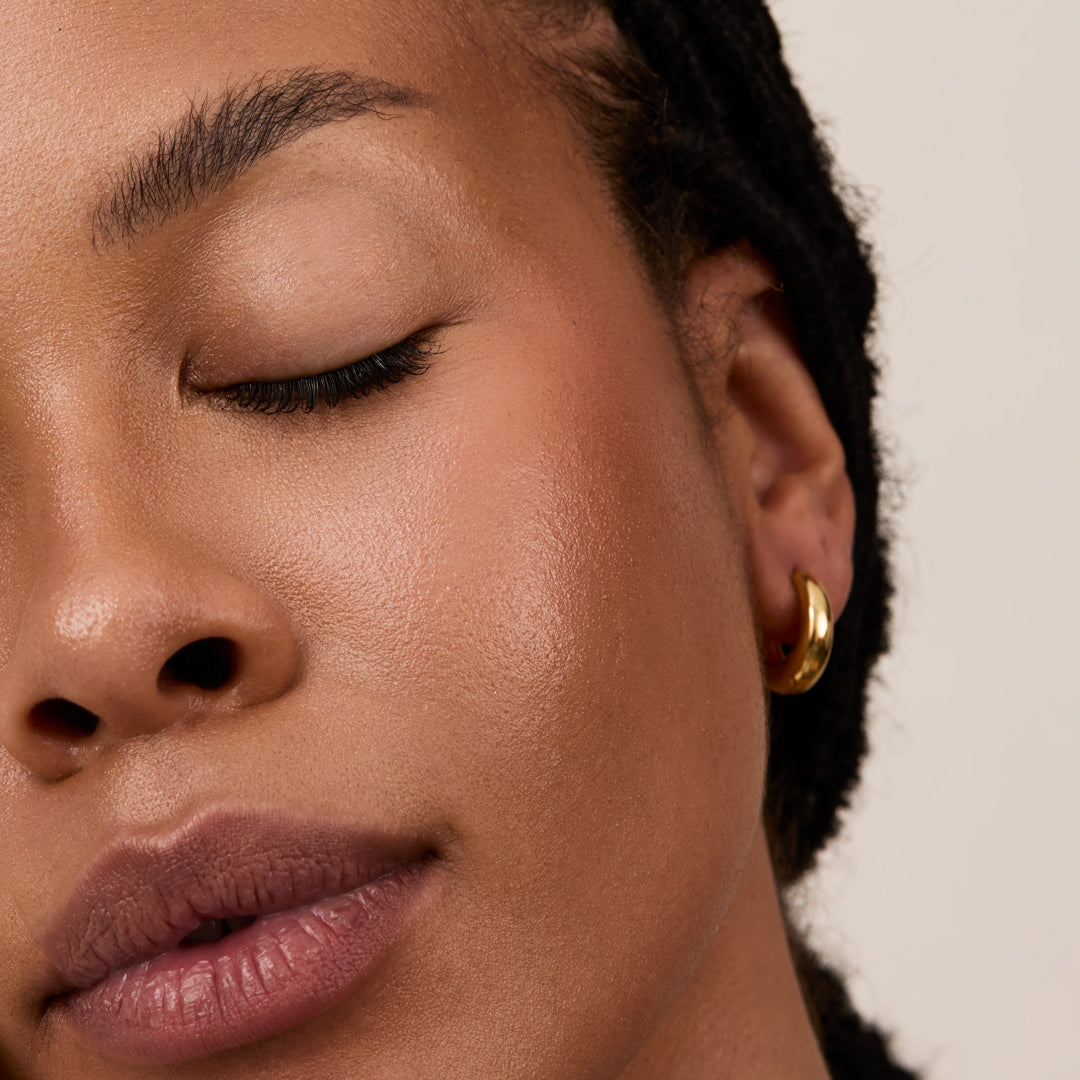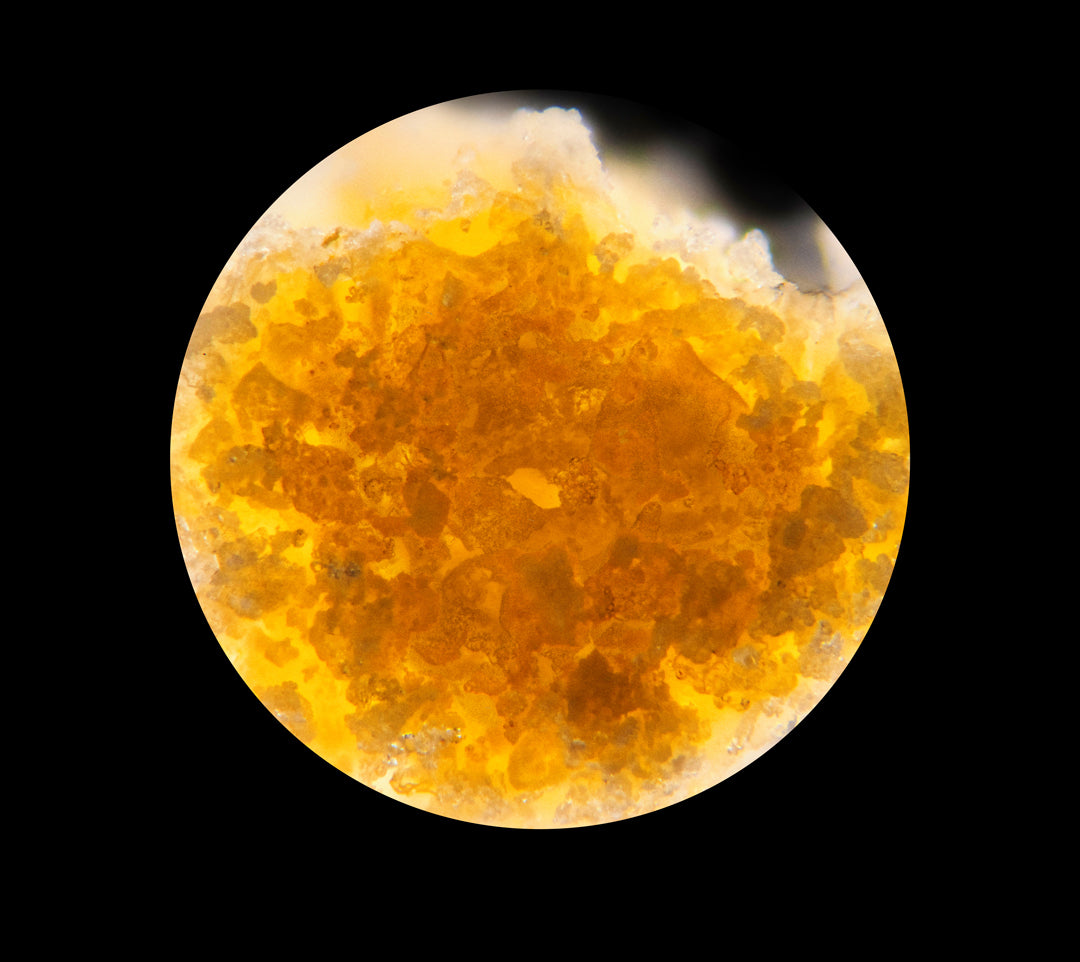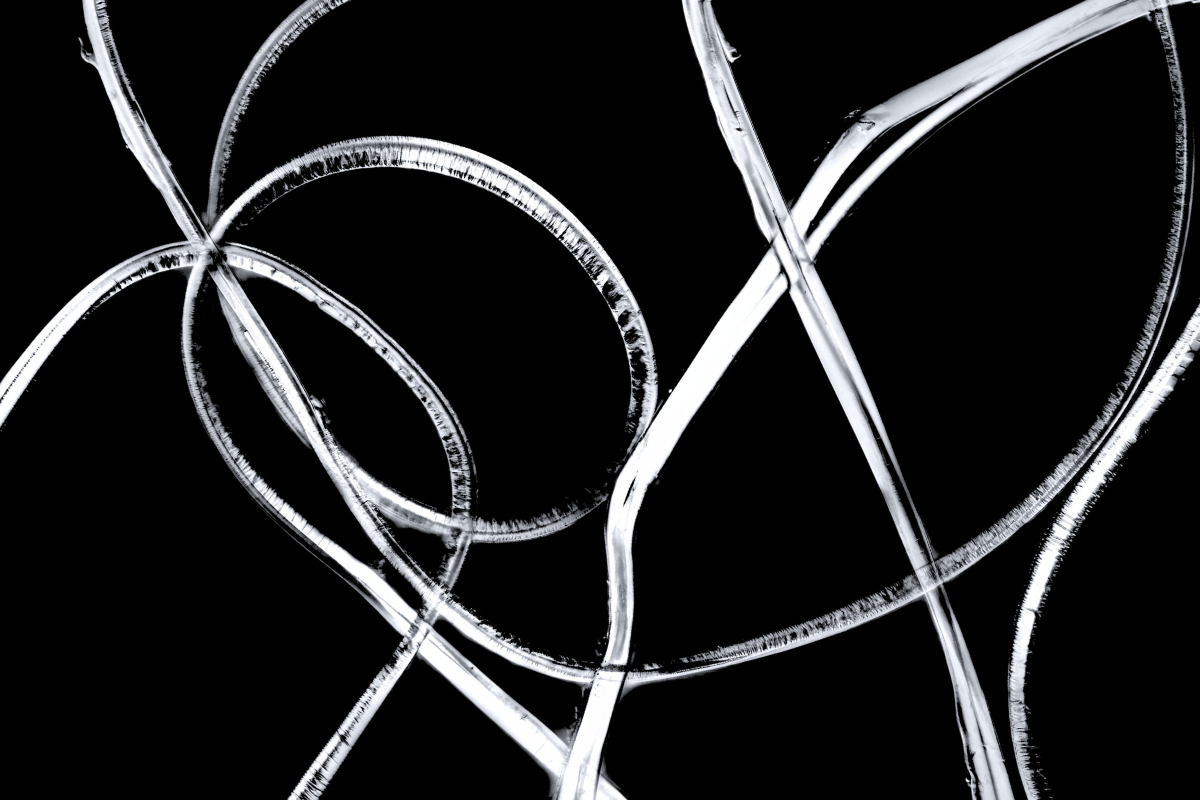Silk & Collagen Synthesis

What is Collagen?
Collagen is a protein that makes up around 80% of our skin. Together with elastin (another protein) it gives our skin structure, strength and elasticity. It plays a central function in the skin’s natural cellular renewal process, replacing dead skin cells and supporting new cellular growth.

There are at least twenty eight different types of collagen in the human body but the main ones in our skin are Collagen types I and III. When we are young, Collagen type I is much higher, but with age the proportion of type III is higher than type I.
Our collagen levels are at their highest in youth, when skin is firm, dewy and bright. It is normal for our collagen levels to deplete as we age, and from our mid-twenties onwards we lose 1% of this collagen every year.
Signs of collagen depletion as we age are dry skin, thinning skin, loss of volume, less elasticity and fine lines and wrinkles. Under the microscope, collagen fibres which were once firm and regular appear more fragile and disorganised.
Stimulating Collagen Synthesis with Silk
The good news is that there are skincare ingredients which can stimulate and synthesise the skin’s own collagen levels. Silk is a peptide and once applied to the skin, it is proven to stimulate collagen production and activate the dermal metabolism.
Our proprietary silk peptide, SF-VII®, has been proven to stimulate the production of collagen in skin cells, and in the clinical study, outperformed a synthetic, market-leading peptide on collagen production.
This clinical study, demonstrating the production of collagen and more skin cells, was mirrored in independent user trials where testers reported denser skin.


Collagen Synthesis and the Hydrating Powers of Silk
As we age and our collagen levels deplete, so too does our skin’s ability to hold hydration. Silk is a powerful hydrator which has been shown to be at least as effective as hyalonuric acid at attracting water.
As no biological processes can take place without the presence of water, it follows that the more active an ingredient is, the more water it needs to fuel this biological activity. Silk is a powerful active ingredient so it is designed to hold high levels of hydration.
That hydrating activity is needed when collagen is synthesised, and the silk binds the water to collagen, further enhancing the hydration levels of skin and helping it to look plumper and dewier.
Silk Stabilises the Production of Collagen
When silk is applied to skin, not only does it synthesise collagen and hydrate the skin, it also increases hydroxyproline (OHP), which is an amino acid and the major component of collagen, giving collagen its elasticity. This helps the skin to rebuild stronger and more stable collagen and connective tissue.



